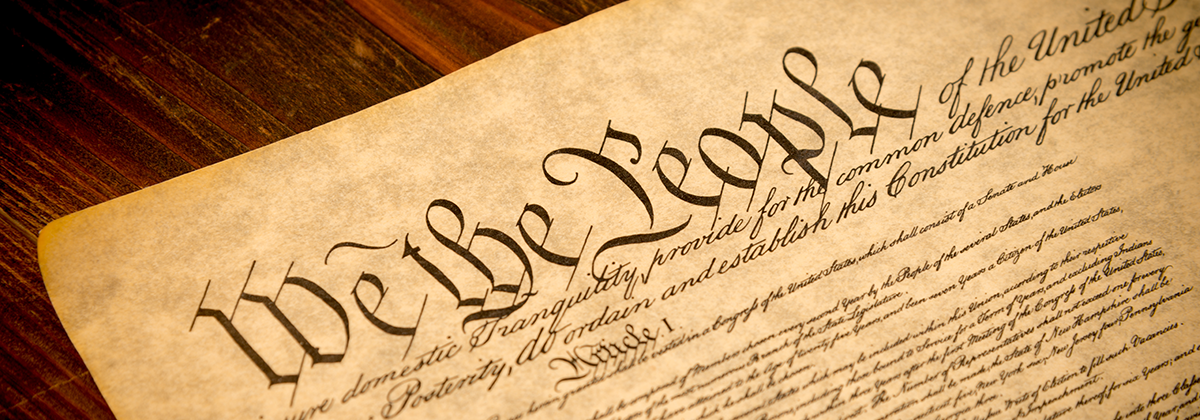Are today’s protests a harbinger of a return to the 1960s unrest, with its simmering anger and youth hostility? The echoes are undeniable. Are young Americans exporting their discontent, potentially destabilizing the world? The signs are alarming. If the answer to these questions is “yes,” why are we tolerating this? Shouldn’t we have learned from history?
Haven’t We Learned Anything from the 1960s?
First, given that we went through the struggle by wrestling with social justice issues decades ago, I would think we would have learned to live in peace with one another by now. Perhaps the ‘60s generation never reconciled their unrest and now brings it to our college campuses and the political arena (among other areas) with a blatant disregard for our constitutional rights. By all accounts, today’s leaders have not led our children well. It’s up to us to change this.
[Before continuing: Do not name political parties, candidates, prominent people, or people groups in the comments. Please do not add additional pictures or links. I will delete posts from those who cannot practice intelligent conversation with civility.]
Youth Mobilized Against Authority In Protests
Second, the 1960s and today’s youth mobilized by using the news and whatever technology was/is available to them. Why does today’s media patronize anti-American sentiment or spin it to make bad behavior seem justified? Maybe the adult generation of the 1960s didn’t do enough within their families to discipline their children. The Silent Generation (born between 1928 and 1945) was obedient and patriotic. Perhaps they spoiled their children and didn’t know how to handle radical behavior. Could it be that their “children” have grown up and perpetuate an unpatriotic, undisciplined culture?
Protests Employ Tactics from a Cultural Marxism Playbook?
Third, look at today’s protests. The very people who teach our youth that they are being treated unfairly (e.g., by having a merit-based system) and mistreated (e.g., changes in the weather) grant college students space to threaten and even harm those who do not hold their views. This sounds like a tactic taken out of a cultural Marxism playbook.
The Government Response to Protests
Fourth, look at the Government Response. In both eras, the government response has been contentious. In the 1960’s, the use of force suppressed dissent to stop it temporarily. Perhaps there is an undercurrent that wants it both ways. On the one hand, Americans want the law enforced, but on the other hand, many don’t want law enforcement at all. Likewise, our youth claim the First Amendment right to assemble but conveniently leave out the word “peacefully.” This is evident in the recent protests where some have turned violent, leading to a debate on the balance between freedom of expression and public safety.
The Cultural Impact of Protests
Undeniably, the 1960s and today’s youth protestors have had a cultural impact on the arts, sciences, media, and American political and civil discourse. Both groups are now affecting the youngest generation among us, and not for the better, I would say. Think about the impact of the rise of identity politics, the normalization of radical ideologies, and the erosion of traditional values.
Draw Comparisons, Gain Insights from Historical and Contemporary Protests
When we recognize the similarities between the 1960s and today, we can avoid being content with history repeating itself. We can speak up in our circles of influence and persuade others that these forms of protest are not leading us to a good place. We can vote differently. We individually can withdraw our support of colleges, rallies, organizations, and institutions that promote unrest in an un-American, unconstitutional way. These are meaningful ways to make an impact for good in the historical life of our nation.
This is Common Sense Civics and Citizenship. 🇺🇸
Join the conversation! https://www.facebook.com/photo?fbid=943954731071534&set=a.507545634712448

